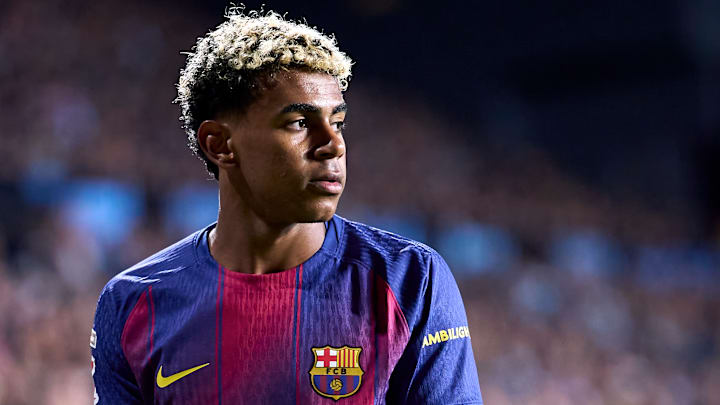The Lamine Yamal case has once again become the main topic in Spanish soccer, showing that the relationship between Barcelona and the Royal Spanish Soccer Federation (RFEF) is still far from any real understanding. For the second time in two months, the young forward has found himself at the center of a dispute that exposes the lack of coordination between both sides. Back in September, the club had already complained about the player being used in Spain’s matches against Turkey and Bulgaria, which led to a pubic injury that sidelined him from both Barcelona games and the next national team call-up.
Now, the story is repeating itself. Called up again by coach Luis de la Fuente for the matches against Georgia and Turkey in the 2026 World Cup qualifiers, Yamal was released shortly after reporting to the national team. The reason was a radiofrequency exam performed on Monday at Barcelona’s request, which requires seven to ten days of rest. The procedure sparked an immediate reaction from the federation, which said it was surprised by the news and claimed it had not been informed in advance about the intervention.
Barcelona, federation and the same impasse
On Barcelona’s side, the argument is that the exam was recommended by the club’s medical staff and that their top priority has always been the player’s full recovery. For the RFEF, the problem lies in the lack of communication and the timing of events, since Yamal had played just one day earlier against Celta de Vigo and even scored one of the goals in the 4–2 win.

Amid the tension, Luis de la Fuente tried to strike a balanced tone, emphasizing that the player’s health is the priority and that he trusts the clubs’ good faith. Even so, he made it clear that if a player isn’t fit to play for the national team, he shouldn’t be playing for his club either. The statement was seen as a direct message, though it didn’t escalate the controversy.
A case that exposes the lack of dialogue
Yamal’s situation reflects a broader issue that goes beyond the current moment. The relationship between clubs and national teams remains defined by disagreements over the physical and medical management of players. The episode shows how routine decisions, when poorly communicated, can turn into public conflicts.
Spain remains focused on the final stretch of the qualifiers and could secure its World Cup spot in the next round, but Yamal’s case once again highlights the need for greater transparency and cooperation between institutions. In the end, what should have been a simple medical procedure turned into yet another chapter in the uneasy coexistence between Barcelona and the federation, leaving the player caught in the middle of a dispute he never asked for.
